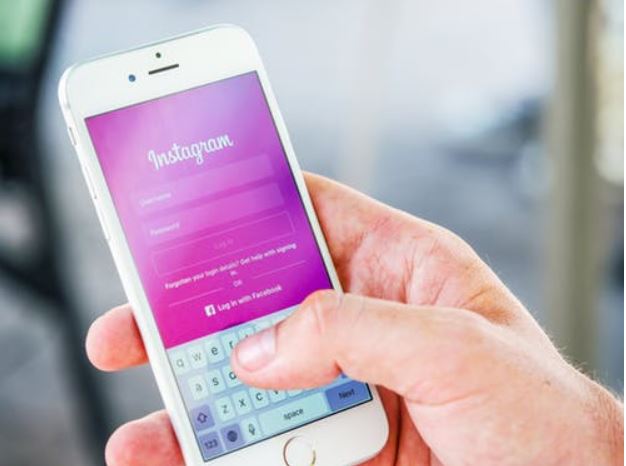 Years ago, planning your family holiday entailed visiting your local travel agent or relying on word-of-mouth and the goodwill of strangers to set your itinerary. Today, technology has revolutionized the way we travel. Thanks to the internet and smartphones, traveling is so much easier than it used to be. With the advent of technology, people are now traveling more, with the world air traffic growing fast at nearly 5% annually.
Years ago, planning your family holiday entailed visiting your local travel agent or relying on word-of-mouth and the goodwill of strangers to set your itinerary. Today, technology has revolutionized the way we travel. Thanks to the internet and smartphones, traveling is so much easier than it used to be. With the advent of technology, people are now traveling more, with the world air traffic growing fast at nearly 5% annually.
Here’s how technological advances have changed the way we travel:
Holiday planning made easier
With technology, finding the most convenient flights, accommodation, and transportation can be done with the click of a mouse on websites such as booking.com, Airbnb, Skyscanner, and Expedia. With online travel blogs and websites, such as TripAdvisor and Yelp, you will no longer be scammed by hotel and restaurant ads or outdated information, as an entire world of travelers will help you get that “perfect” experience.
Moreover, transportation to airports is becoming much easier. With the internet, you can now book a parking location for your car near main international airports in the US. If you are traveling from Seattle–Tacoma International Airport, you can easily search for and book a seatac airport parking spot online. This way, you no longer have to drive for hours, searching for a parking spot or pay for an expensive cab ride to the airport.
The Instagram effect
With applications, such as Instagram and Pinterest, social media has opened up an entire digital world of wanderlust to millennials and others who utilize these platforms in planning their trips—from inspiration to booking.
Through social media posts and attractive destinations on news feeds, millennials now pick their holidays through Instagram’s hashtags and travel inspirations and sometimes even pick their holidays based on what’s more “Instagrammable”. What’s even more, social media has given rise to travel influencers who earn their living by sharing their globetrotting experience on their feeds, thereby changing the way travel companies and hotels are setting their marketing strategies.
 Staying connected
Staying connected
With the internet, people are now more connected through several means including WhatsApp as well as voice and video calls. With Wi-Fi or mobile data, you can easily share your travel experiences with whoever you want at any time during the day. As for workaholics who cannot afford to take long breaks, the internet made it possible to work from remote locations.
You won’t get lost
Thanks to global positioning systems (GPS), our travels are made much easier and safer. Unlike before, the odds of getting lost in a strange city in a foreign country have decreased, as GPS allows you to find out the exact route to your destination and the best way to get there. Ride-sharing apps such as Uber are now available in many cities and allow you to get immediate pick-ups through a budget-friendly transportation application.
The digital revolution has impacted many things in our world today, and the travel industry is no exception. Technology has surely made travel industry evolve for the better. Yet, in the years to come, technology is likely to have an even bigger impact on this industry. So, how do you think technology will impact the future of travel?
________________________________________________________
Interesting related articles:

